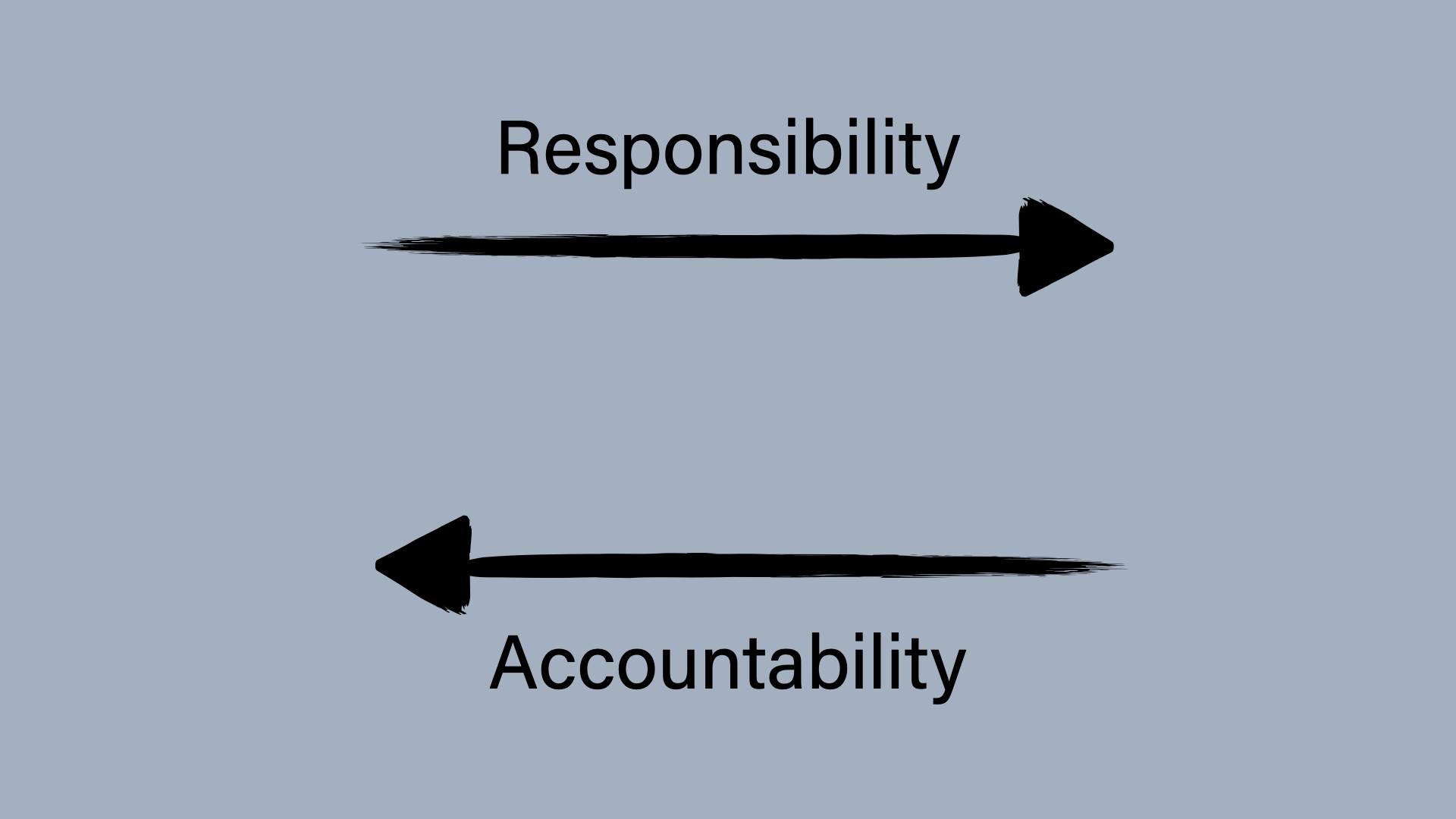Social Responsibility and Accountability: The Necessary Give and Take Doctrine.
We live in a society where duties and responsibilities are embedded in social relations, making every action produce consequential reactions. Social responsibility becomes an inescapable ethical expectation for both the government and individuals. It involves taking actions for accountability and the mutual benefit of society and individuals. This mutual benefit underscores the importance of both the government and leaders taking steps to contribute to the welfare of humanity and the environment they live in.
Individuals
play a pivotal role in social responsibility, as their actions can
significantly impact their communities. When individuals act responsibly, they
contribute positively to their communities by adhering to ethical principles,
respecting laws, and engaging in acts of kindness and support. This
responsibility extends to organisations, businesses, and governments, all of
which are expected to go beyond profit-making motives by considering the impact
of their actions on employees, consumers, and the environment.
While
individuals must take responsibility for their actions and be socially,
morally, and legally accountable to their community or organisation, the
government or leaders must be responsible to the public and service users for
their conduct and performance. Government accountability entails transparency,
integrity, and responsiveness to the people's needs and concerns. When
governments uphold these principles, trust between citizens and their leaders
is strengthened, paving the way for a more cooperative and engaged society.
Social
responsibility and accountability are not one-sided tasks. They are a shared
commitment that requires active participation from both leaders and citizens.
We are not just passive recipients of governance but active participants with
the right to demand accountability from our government and leaders. This active
role of citizens is crucial in maintaining a symbiotic relationship between
leaders and citizens, ensuring that governance remains aligned with the
people's interests. We all have a stake in this shared commitment to societal
progress.
Moreover,
businesses and corporations play a significant role in upholding social
responsibility. Corporate Social Responsibility (CSR) initiatives, such as
environmental sustainability programs, ethical labour practices, and community
development projects, reflect an organisation's commitment to social
well-being. Companies that embrace CSR gain public trust and contribute to
society's overall progress by addressing social and environmental concerns.
This contribution of businesses to societal progress is a reason for optimism
in the context of social responsibility and accountability.
Education
and awareness play a crucial role in reinforcing social responsibility and
accountability. Societies prioritising ethical education and civic
responsibility foster a culture where individuals understand their roles and
obligations. Schools, media, and community organisations are instrumental in
promoting honesty, fairness, and empathy. By actively promoting these values,
they contribute to nurturing responsible citizens who are conscious of their
impact on society.
Social responsibility and accountability are not individual tasks but a shared commitment that requires active participation from both leaders and citizens. They are indispensable pillars of a functioning and progressive society, establishing a framework where individuals, leaders, businesses, and governments work together to create a more just and sustainable world. By fostering a culture of accountability, mutual respect, and ethical responsibility, we can ensure that leaders and citizens uphold their respective duties, ultimately leading to a balanced and equitable society. The give-and-take nature of this doctrine emphasises that responsibility is not a burden but a shared commitment that benefits all parties involved.

